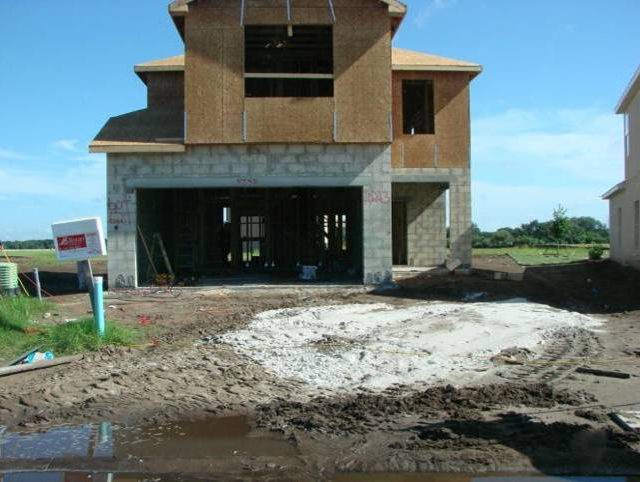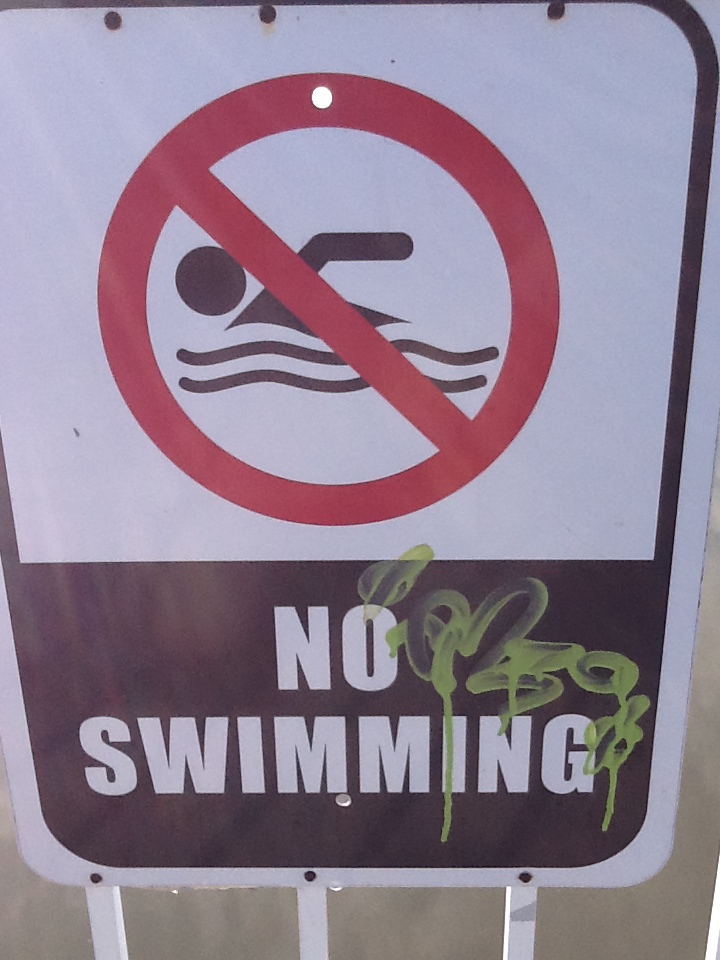In Part 1 of Reducing Health Advisories, we discussed how owners of septic systems could develop a management plan to reduce such health advisories. In Part 2 we look at another option for septic system owners – converting to the local sewer system.
You might begin by asking – “why would I want to do that?”. It’s a fair question. If my septic system is working properly, do I need to convert to sewer? But is it? Some septic systems were not placed in a good location, and the general maintenance you would follow could still lead to leaking fecal bacteria. You may find that to move such a system to a better location would be more costly than tying in with the local sewer system. You may find that no where on your property is a suitable location for a septic system and conversion is needed. There is also the possibility that you septic system needs major repairs due to misuse or age, and that a sewer conversion is a cheaper option. There are several reasons why it might be time to convert.

Yet, across the state there has been some resistance to converting. In 2020, a University of Florida research team conducted a social survey across the state to determine why many septic system owners were resistant to converting to a sewer system. The survey was sent to 1,604 Florida residents in September of 2020 hoping to get 500 responses – usable responses were obtained from 517 people (32%). The key findings were broken down into categories – explained below.
- Knowledge. The average score on the knowledge assessment was 54.7% – suggesting that they had some understanding of septic to sewer conversion topics. 64.8% could identify a graphic of a septic system, but only 57.1% could do the same for a sewer system. 82.8% could state who was responsible for maintaining a septic system, but only 48% could state who was responsible for the sewer. Only 33.1% could correctly state how often a septic system needed to be pumped out. They only slightly agreed that they understood the steps (or the costs) of converting from septic to sewer.
- Attitude. Respondents had only a slightly positive attitude towards septic to sewer conversion. Most saw it as more useful and doable, but were not sure whether it was easy or not, and most felt it was too expensive.
- Benefits and Barriers. Most agreed that converting reduced the maintenance responsibility on the homeowner and freed property for other uses. They agreed less that it made them a better neighbor. The major barriers to converting were (a) availability to hook up, (b) upfront costs, (c) and having to pay a monthly sewer bill. There was also a lack of interest in doing so. Suggested barriers they do not see as a major problem included (a) the fear of large scale sewer spills, (b) and having time to think about doing the conversion.
- Diffusion and Innovations. Most agreed that sewer systems were more advantageous than septic systems – that they cause less trouble for the homeowner. They also believed that converting to sewer was within their needs, values, and beliefs. They believed that all communities should convert to sewer and that it was the responsible thing to do. 1
The results of the above study suggest that most Floridians believe that IF conversion is available, it is the right thing to do. The primary reasons why they do not would include costs and having a monthly bill. Many also felt there was no interest in doing so. An interesting note here… in my community, there is a cost share program available for specific communities within the city limits. Despite assistance with costs, no one has responded asking to participate. This suggested that the monthly sewer bill and disinterest in the issue are still large barriers. Another thought is that even with cost sharing, their portion of the bill is still outside of their price range. In 2022 we attempted to have a focus group meeting with these communities to see which of the assumptions were correct – but there was little interest in participating in such a discussion group – so, we are not 100% sure why they do not participate.
All that said, conversion to a sewer system is an option for those on a septic system and there are benefits in doing so. As mentioned in the study, it takes much of the maintenance issues and concerns off of the property owner. Though properly maintained septic systems do a good job of treating fecal bacteria, sewer systems usually have three levels of treatment (sometimes more) decreasing the chance of health advisories. But they are not without their problems.
The survey suggested that Floridians are less aware of how their sewers work than a septic systems. In Part 3 we will look at how the sewer process operates. If you are a property owner with a septic system and interested in converting to sewer, contact your county health department to see how the process is done locally, and whether there is a cost share program.
1 Rampold, S. D., Krimsky, L., Telg, R. W., & Warner, L. (2021). Florida homeowners’ knowledge, perceptions, and informational needs regarding septic to sewer conversion. PIE2020/21-05. Gainesville, FL: University of Florida/IFAS Center for Public Issues Education.

- Rattlesnakes on Our Barrier Islands; Part 5 – Reproduction - January 12, 2026
- Rattlesnakes on Our Barrier Islands; Part 4 – Thermoregulation - December 29, 2025
- Rattlesnakes on Our Barrier Islands; Part 3 – Envenomation - December 22, 2025
